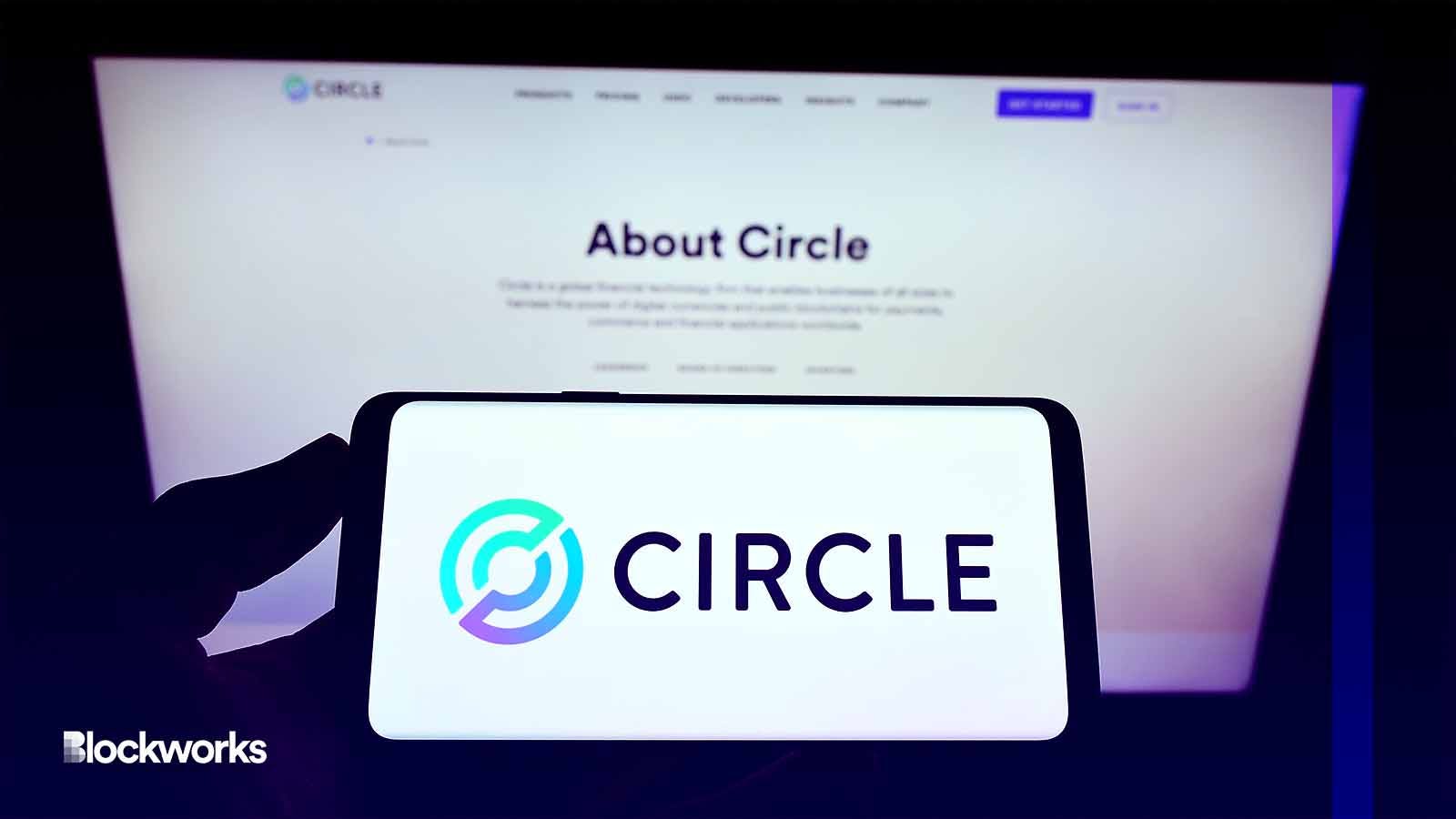Circle launches Programmable Wallets public beta in Web3 push
Circle’s appetite for Web3 is growing, previously enabling developer access to its Ethereum-Avalanche CCTP for faster USDC transfers

Wirestock Creators/Shutterstock modified by Blockworks
Circle’s public beta for its wallet-as-a-service platform begins Tuesday and will allow Web3 developers on Avalanche, Ethereum and Polygon to embed wallets in the apps they’re creating.
Programmable Wallets, as Circle has dubbed the new offering in its blog, amounts to a handful of APIs that developers can plug into their apps to get to their desired use case faster and easier than writing all the necessary code from scratch.
“With these APIs, you can specify parameters, such as the blockchain network you want to create the wallet on, custody type, transaction type, transaction value limits and more, to generate purpose-built wallets tailored to the use case you’re building,” Circle explained in its developer documents.
Circle CEO and co-founder Jeremy Allaire said Programmable Wallets are part of the stablecoin issuer’s strategy to help move along the adoption of digital assets and “public blockchain-based payments.”
“This new platform marks the first step for Circle’s Web3 services as we work to ease common pain points for developers, remove friction from value exchange, deliver more seamless user experiences and help drive blockchain-powered wallet adoption,” Allaire said in a statement.
Circle previously waded into Web3 in late April when it made its permissionless cross-chain transfer protocol (CCTP) available to Ethereum and Avalanche developers. Since then, USDC can be transferred more securely and efficiently between the two chains using a burn-and-mint mechanism.
Programmable Wallets is using multi-party computation (MPC) technology as the means to secure users’ assets and transactions, according to its white paper.
ZenGo and Coinbase’s wallet-as-a-service solution, which launched on Ethereum in May 2023, are examples of MPC-based services.
A user’s private key is sharded into multiple different pieces that are distributed among trusted third parties. This is to eliminate any one single point of failure.
Circle is also looking to expand the beta for Programmable Wallets to other chains sometime in the second half of 2023.
Get the news in your inbox. Explore Blockworks newsletters:
- The Breakdown: Decoding crypto and the markets. Daily.
- 0xResearch: Alpha in your inbox. Think like an analyst.






